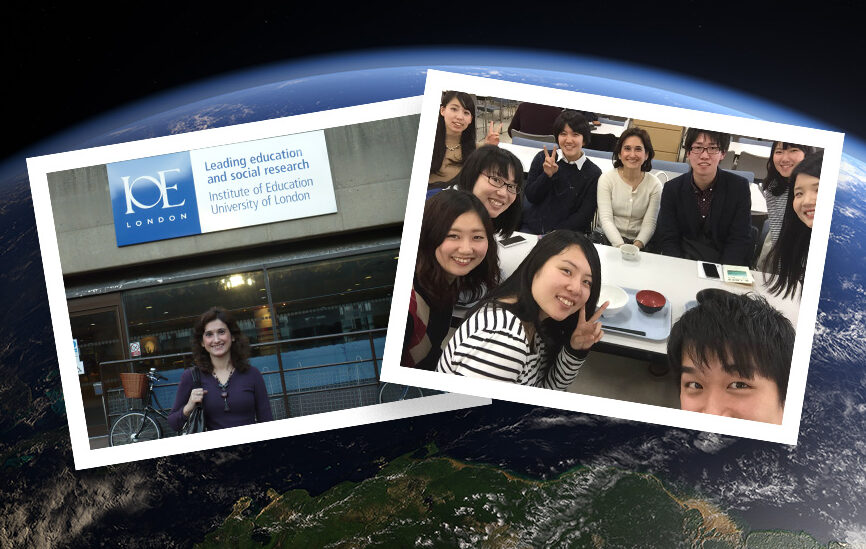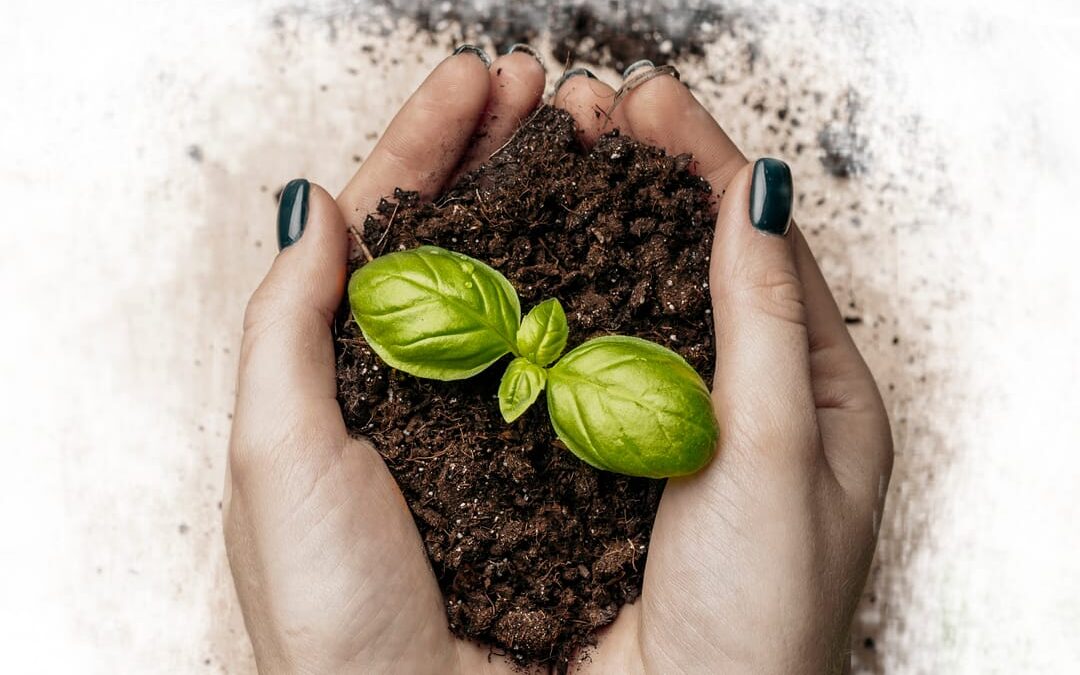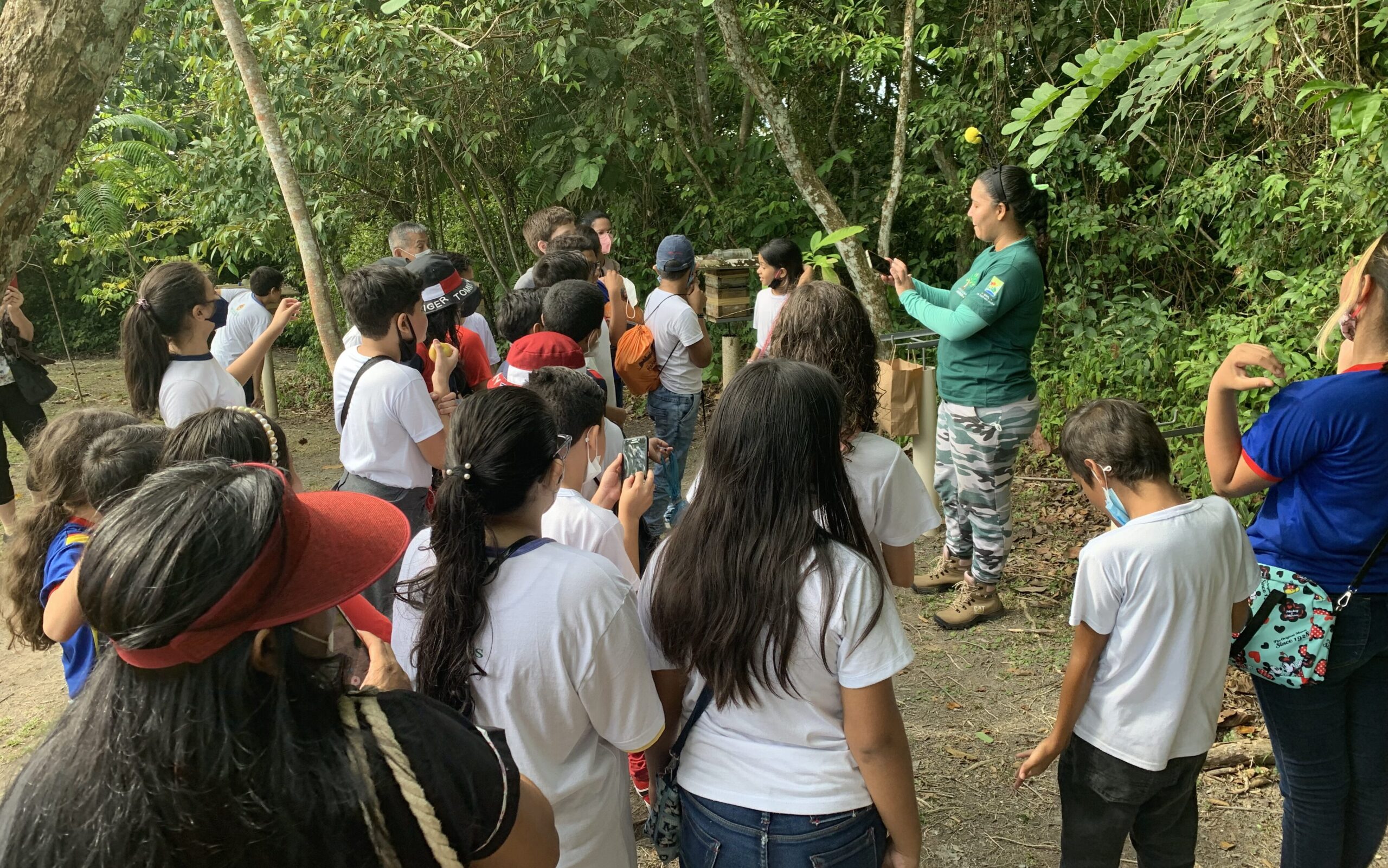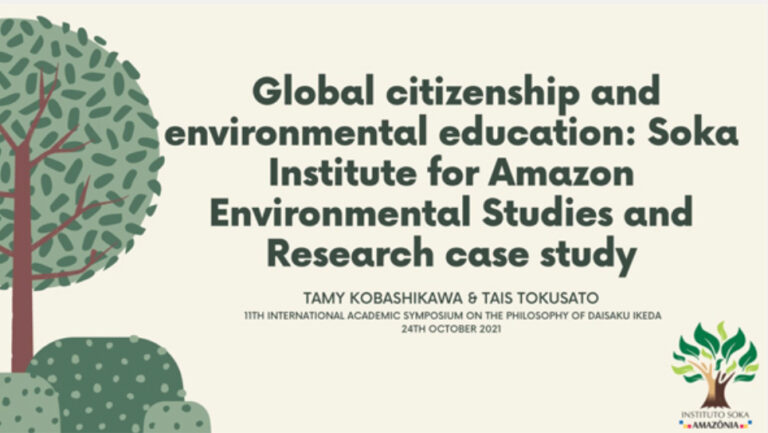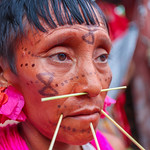Interview with Dr Namrata Sharma, international education consultant
Protecting nature, caring for the environment, helping to achieve the famous UN-SDGs, and embracing the principles of the Earth Charter are widely addressed themes in the environmental education programs of the Soka Amazon Institute, such as the Environmental Academy for public school students and employees of partner enterprises, and exhibitions such as Seeds of Hope and Action.
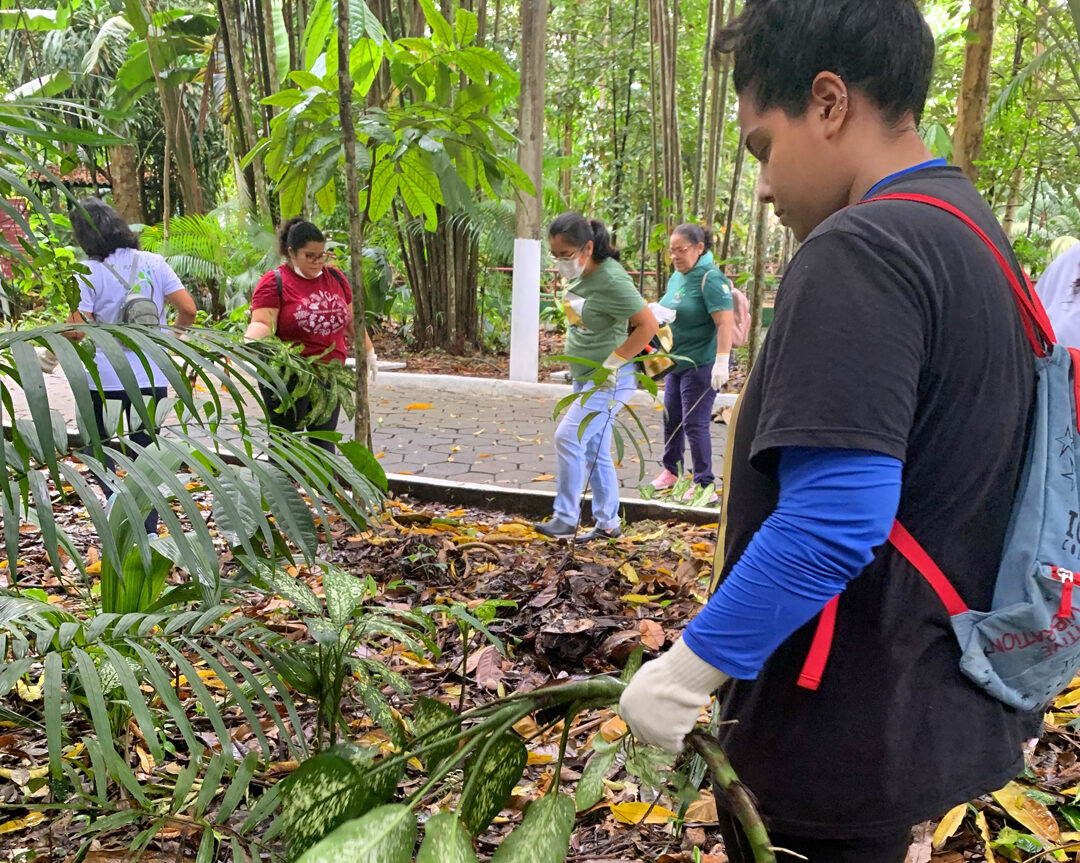
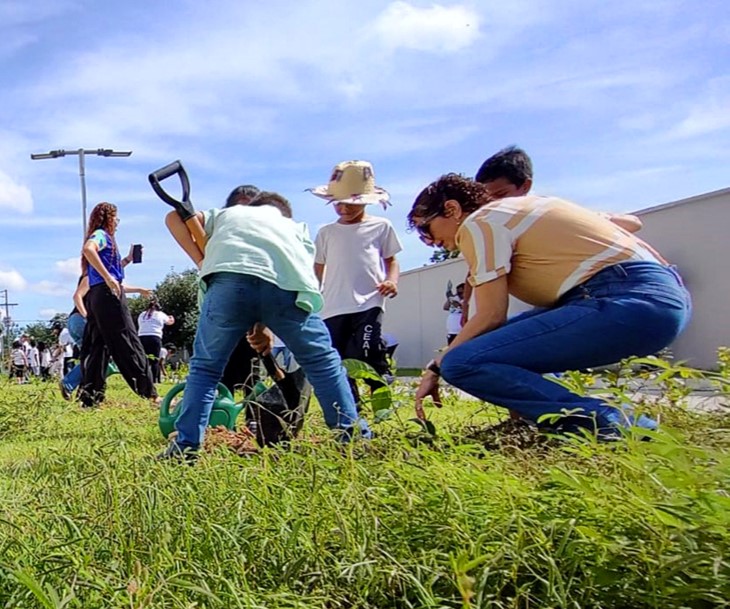
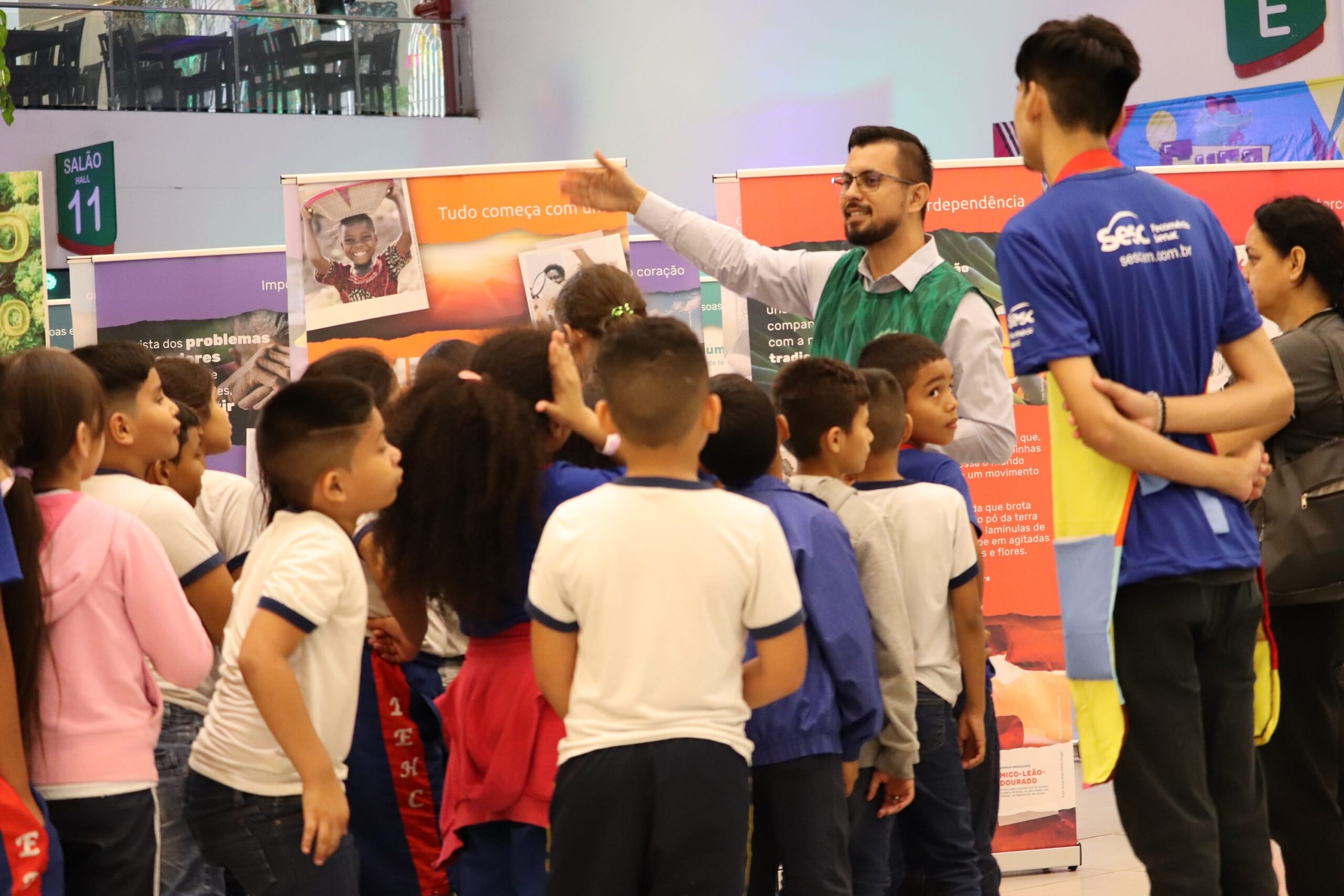
But, afterall, in what way can each individual, in their daily lives, impact and protect the planet and the living beings that inhabit it?
The answer might be in the exercise of a global perspective citizenship through education.
In an interview, the inspiring professor Dr. Namrata Sharma explain show she approaches Global Citizenship Education around the world.
Namrata Sharma is an Economist, MSc and PhD in Education, Associate Professor at the State University of New York, and international education consultant. Her research focuses on Asia (India and Japan), Europe (United Kingdom) and America (United States).
According to her, global citizenship can be exercised in several ways. But some simple, everyday attitudes and choices already identify this practice, such as, for example, preferring products – including clothes we wear – produced in a sustainable way and the separation of domestic garbage, which means organic and recycled.
These actions, apparently isolated, have the power to have a global impact in a web of connections between people, from various places, and the natural resources of the planet. Ultimately, these are signs of an active citizenship, with a focus on planetary life and human rights, which consequently support the achievement of the SDGs.
In the opinion of Dr. Sharma global citizenship education is about locating ourselves in the world. She lists individual attitudes to be taken in the journey of necessary changes in the world:
* Making a difference in our immediate environment. (e.g., in our homes and communities).
* Learning about global human rights issues and identifying and tackling human rights abuses linked to our daily lives.
* To engage in dialogue in order to overcome prejudices and combat intolerance.
* To consume information based on self-reflection and critical thinking.
Dr. Sharma states that the action of connecting with the lives of people from all over the world is a learning process that can (and should) be transmitted to children in their early years.
As a daughter and granddaughter of refugees, she says she is inspired by her family:
"When my father was around 8 years old, he and his family became refugees during the partition of India in 1947. My father studied under streetlights, often stuffing his school textbooks into his shirt while commuting on a bicycle to his local school in the cold winter and yet he managed to create happy memories of his childhood. Their family of 6 had regular visitors in their tiny basement room as the community supported each other to get out of poverty. During this one day my grandfather brought home a globe, probably having skipped a few meals to buy it, and showed this globe to his children to give them a sense, I suppose, of the wider world. I think we can agree that the sense of connection to other people and living beings is a prerequisite to being and becoming a global citizen."
To conclude, Dr. Sharma stresses the need to convey to children and to all people a sense of interdependence of things, of common humanity, and of a global perspective.
All education must be based on raising awareness of “planetary citizens” who are concerned and committed to effective action to combat the causes and effects of climate change and other natural and humanitarian crises.
To read the full interview with Dr. Namrata Sharma, click here.

